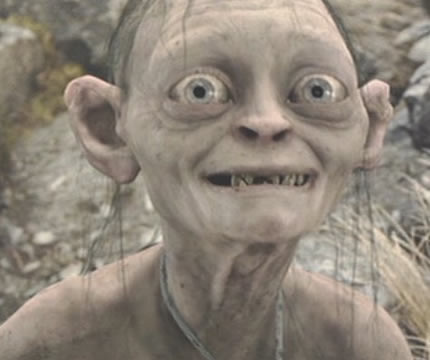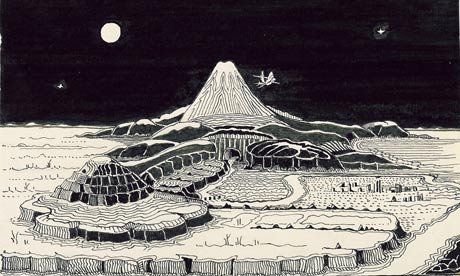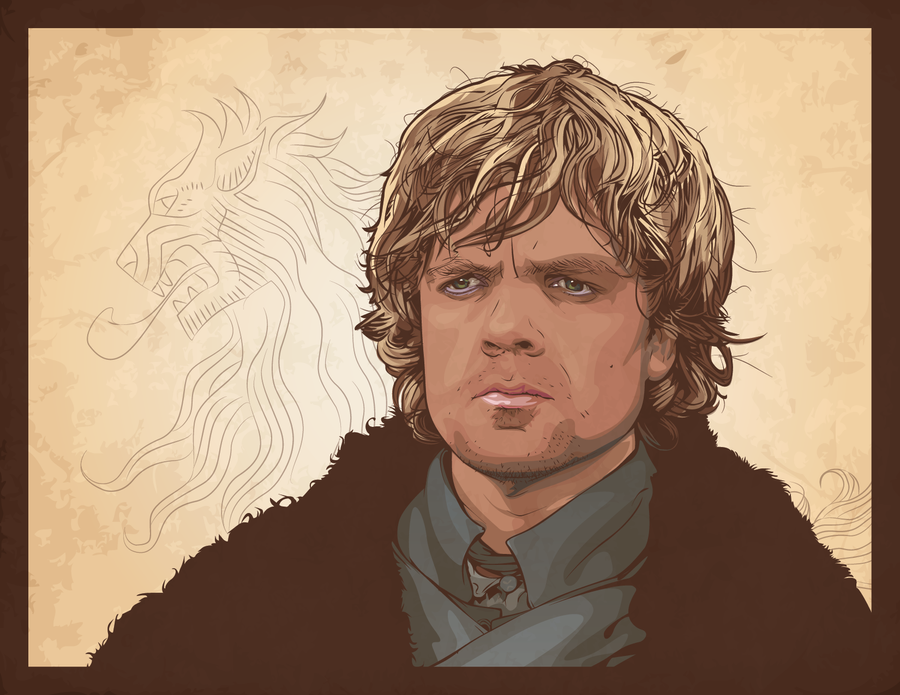Ross Kitson is in the house! He is the author of Dreams of Darkness Rising, the first volume of an incredible epic fantasy that I just can't wait to read. I've read his short stories, and they are amazing, and plus his book has MAPS. I'm a sucker for a map in a book, ever since Lord of the Rings.
 |
| One of the maps from Dreams of Darkness Rising |
Ross works during the day as a consultant in Intensive Care and Anaesthesia at Tameside Hospital in Manchester. He is married with three lovely kids who soak up most of his free time. He writes his epic tales in the wee hours augmented with a combination of stella and red wine.
My genre is fantasy. I love it; have always loved it, ever since I could read. As a kid I was captivated by the total escapism of fantasy, by the idea of magic being a reality, by the virtues of the heroic struggling against insurmountable evils. It was a passion fueled by an adolescence dedicated to role playing games, tucked away in mates’ sheds and front rooms, for far too many hours until my complexion emulated Gollum on a bad-skin day.
So here’s a quandary. Given that many of us who read fantasy and sci-fi and all its sub-sub genres (Elfpunk anyone?) came into the genre loving tales of the great and good defeating the gibbering armies of The Dark Tm , how come the anti-hero is so pervasive in speculative fiction?
They’re everywhere! Take the most successful fantasy series of the last ten years—George RR Martin’s Song of Ice and Fire—it is replete with anti-heroes. Tyrion Lannister has to be the favourite character amongst a sea of schemers and blaggards. He’s selfish, rude, corrupt, bitter, in fact all the traits that make a great bad guy. Yet amongst his venom there are redeeming features that make us fascinated by him. By book two we love him and by the latest he’s more or less the only one (other than Arya) we care about. Scott Lynch’s Gentleman Bastards series has Locke Lamora, a thief and a con-man as the main character. Here we have a different flavour of anti-hero. Whereas Tyrion is a nasty piece of work who occasionally displays redeeming features, Locke is actually an alright guy—he loves his friends etc.—who screws people over for a living. Like Robin Hood or the IRS. He’s a ‘hero’ who is also criminal.
And there’s so many more in fantasy that you wonder if we ever wanted true heroes. Severian in Gene Wolfe’s The Book of the New Sun (torturer…tick), Sand dan Glotka in Abercrombie’s The First Law books (yay, another torturer…tick), Thomas Covenant in Donaldson’s epic (rapist…tick), Cugel the Clever in Jack Vance’s Tales of the Dying Earth (thief, cheat, rake…tick), Raistlin in Dragonlance (black magic, betray brother…OK…tick), Fitz in Hobb’s Farseer trilogy (assassin? Hey, sure…beats looking after the horses…tick) and, of course, Elric.
Now Elric I did love as a kid. More accurately I coveted Stormbringer, the soul-drinking sword that Elric was dominated by. To a DnD player the idea of a sword that munched on opponents life energy (and therefore boosted your own) was fantastic. The weapon Black-razor in White Plume Mountain was an obvious copy and Elric even got his own RPG supplement for RuneQuest.
 |
| Elric and Stormbringer |
Elric was the first great fantasy anti-hero in my mind. Before him we had the muscle bound might of Conan, the noble Aragorn and the almost biblical Aslan. In his very first appearance we meet him on the way to slaughter his own nation. He then further fails to impress us by wining about his doom-ridden destiny, betraying people all over the place, becoming addicted to a vampire-sword and then killing all his buddies one by one. Admittedly some he kills by accident, because he gets carried away with Stormbringer; but you’d still not add him as a friend on Facebook would you? So why do we love them? These are characters that are far darker than the tough guys of the cinema. We all admire the surly Han Solo and love the hard as nails Clint Eastwood characters. But these are characters that are morally dubious, at times nasty and at times ruthless. They are killers, torturers, thieves—the sort most of us would eschew in reality. Why do we enjoy reading about them?
I think it’s the escapism in another form and I think therefore that that is why fantasy (the ultimate asylum from our troubled world) is replete with them. These are characters whose achievements within the books seem all the more admirable, characters that surpass all the faults and the weaknesses that they have, to become victorious. They are creations who resonate with us because of their flaws, which after all we all have (though perhaps not to the extent of these characters). Why should a being in a fantasy world have to have any less hang-ups than us?
Anti-heroes act in ways that appeal to our darker instincts. They allow us to slip away from the frustration of modern life and the constraints of society and unleash a bit of spite. Far better to read about Tyrion Lannister’s Machiavellian antics or Elric hoovering up a few souls than turn around and give our annoying bosses a head-butt on the nose.
And we can see characters every bit as flawed as ourselves and revel in the redemption that many achieve and know that for even the most screwed-up and damaged that there is hope.
So long live the anti-hero and remember even Aslan probably had some darker moments that were cut from the books. I fact I distinctly remember him hanging out with the Snow Witch sharing a crack-pipe…











